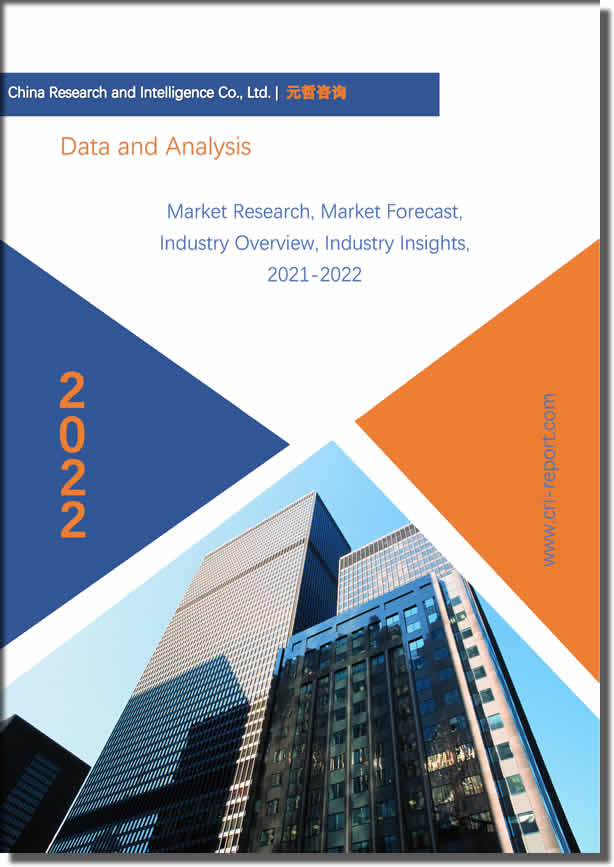Description
Aseptic Packaging Equipment Market Overview
Aseptic packing is a procedure in which food, pharmaceuticals, and other items are sterilized individually under aseptic conditions. This method employs extremely high temperatures to preserve the content’s freshness while also ensuring that it is free of germs.
Polyethylene and film foil are used in aseptic packing. Aseptic filling machines are electromechanical devices that are specifically developed to fill packing containers while maintaining sterility throughout the operation.
Aseptic packing has several advantages, including increased shelf life, preservation of contents quality, environmental friendliness, and lower transportation costs. When compared to traditional packaging methods, aseptic packaging is more compact and lightweight.
Aseptic Packaging Equipment Market: Key Players
Company Overview, Business Strategy, Key Product Offerings, Financial Performance, Key Performance Indicators, Risk Analysis, Recent Development, Regional Presence, SWOT Analysis
Archer Daniels Midland Company
Cargill Inc.
Dr. Oetker
Grain Processing Corporation
Ingredion Incorporated
Karo Syrup
Queen Fine Foods
Roquette
Tate and Lyle plc
Growth Factor
Shift in consumer preference against the use of food preservatives
Rising need for long-lasting convenience foods that are either bacterial-free or can postpone bacterial infection. Food preservatives are widely used in the food industry to extend shelf life and maintain product quality.
However, people are becoming more aware of the negative consequences of eating processed meals laced with chemicals. Because natural components are more expensive, aseptic packaging is chosen for the packaging of high-value items, as it ensures a longer shelf life. Aseptic packaging also compliments the use of natural components, allowing a producer to create a product that is entirely natural while simultaneously boosting shelf stability.
Segmentation
By Type
Cartons
Bags & pouches
Bottles & cans
Ampoules
Others (bag-in-box packaging, cups, trays, and containers)
By Material
Plastic
Paper & paperboard
Metal
Glass
Wood
By Application
Food
Beverage
Pharmaceutical
Others
Aseptic Packaging Equipment Market Dynamics
Aseptic Packaging Equipment Market Size
Supply & Demand
Current Trends/Issues/Challenges
Competition & Companies Involved in the Market
Value Chain of the Market
Market Drivers and Restraints
Recent News Related to Market
In June 2019, Lamipak released its ‘LamiNatural’ All Brown Board product. In Lamipak’s product line, the new product has the lowest carbon footprint. One of the product’s distinguishing qualities is the lack of a layer of white clay coating, revealing the unbleached paper beneath, which gives the product its natural brown fibre look. The firm is currently China’s leading exporter of aseptic packaging solutions.
The report sheds light on various aspects and answers pertinent questions on the market. Some of the important ones are:
COVID-19 pre and post business impact analysis
Detailed overview of the parent market
Changing market dynamics in the industry
In-depth market segmentation
What is the Aseptic Packaging Equipment Market growth?
Which segment accounted for the largest Aseptic Packaging Equipment Market share?
Who are the key players in the Aseptic Packaging Equipment Market?
Historical, current, and projected market size in terms of volume and value
Recent industry trends and developments
Competitive landscape
Strategies of key players and products offered
Potential and niche segments, geographical regions exhibiting promising growth
A neutral perspective on market performance
Must-have information for market players to sustain and enhance their market footprint
Note: Although care has been taken to maintain the highest levels of accuracy in Our reports, recent market/vendor-specific changes may take time to reflect in the analysis.


